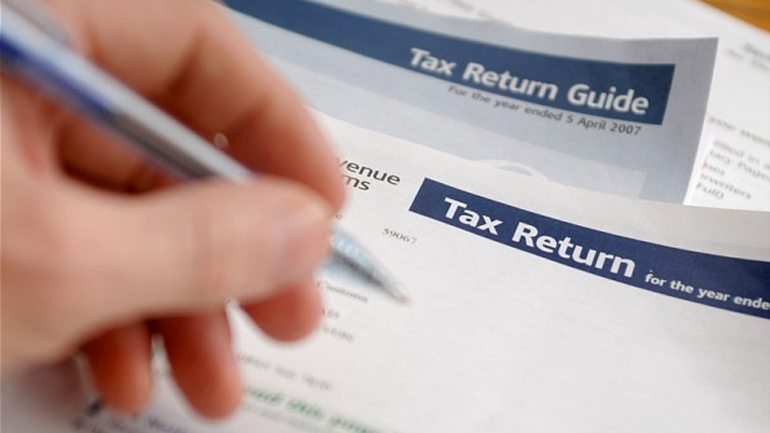In July 2015 the Chancellor of the Exchequer made the shock announcement that the UK Government will seek to remove the requirement for individuals to submit a Self Assessment Tax Return. This link takes you to the Government’s own publication on it https://www.gov.uk/government/uploads/system/uploads/attachment_data/file/413975/making-tax-easier.pdf
But have you heard the expression that if something sounds to good to be true then it probably is? Well………
While it is true that tax returns are being phased out, these are being replaced with digital tax accounts. These digital tax accounts will draw together all your income into a single zone that will build up your income from all sources, such as;
- Employment
- Pensions
- Benefits
- Savings
- Investments and dividends
But there is a catch. You will be asked to approve your digital tax account, which if you do, you will agree any tax liability (whether it is correct or not) as you are ‘self assessing’ your tax bill. What this digital tax account will not tell you is what you were eligible to claim, what tax reliefs were available or any other options to optimise your tax position. For this you will need your accountant’s support and experience.
For many, there is no doubt that this will be a simplification and streamlining of the process but for self employed individuals, partnerships and those operating under the CIS scheme it is going to get much more complicated and onerous.
The proposal is for the self employed to submit a quarterly income statement which will be built up over the year to complete your HMRC digital tax account. This means that not only will you have to maintain your books & records on an ongoing basis throughout the year, but you will need to prepare (or have prepared) four sets of accounts. Submitting these incorrectly will give rise to these issues;
- A higher tax bill than is actually due.
- A tax enquiry into a specific figure or a full-blown investigation if the figures are outside of HMRC’s expectations.
- Benefits such as tax credits, Job Seekers Allowance, etc could be suspended.
While there is currently no mention of late filing penalties, we believe it will only be a matter of time before these are introduced to enforce this quarterly reporting. Furthermore, HMRC already has within its existing powers the right to impose penalties ranging from 10% – 100% of the tax due for any incorrect submission made, irrespective of whether they were deliberately or carelessly made or simply the tax payer did not understand what was being asked for.
As with all changes there may be other opportunities or avenues to explore to ensure that you are dealing with your affairs in the most effective manner, so If you are unsure of how these changes will effect your business then please contact me Keith Patching on enquiries@moorgatelta.co.uk or 01302 279560 to organise a review meeting to investigate this further.


Leave A Comment